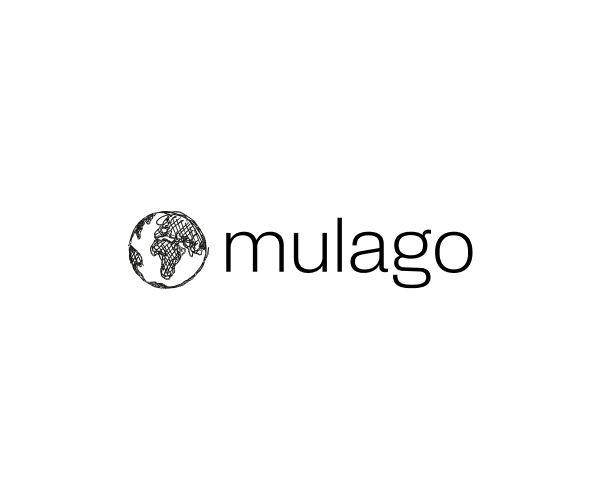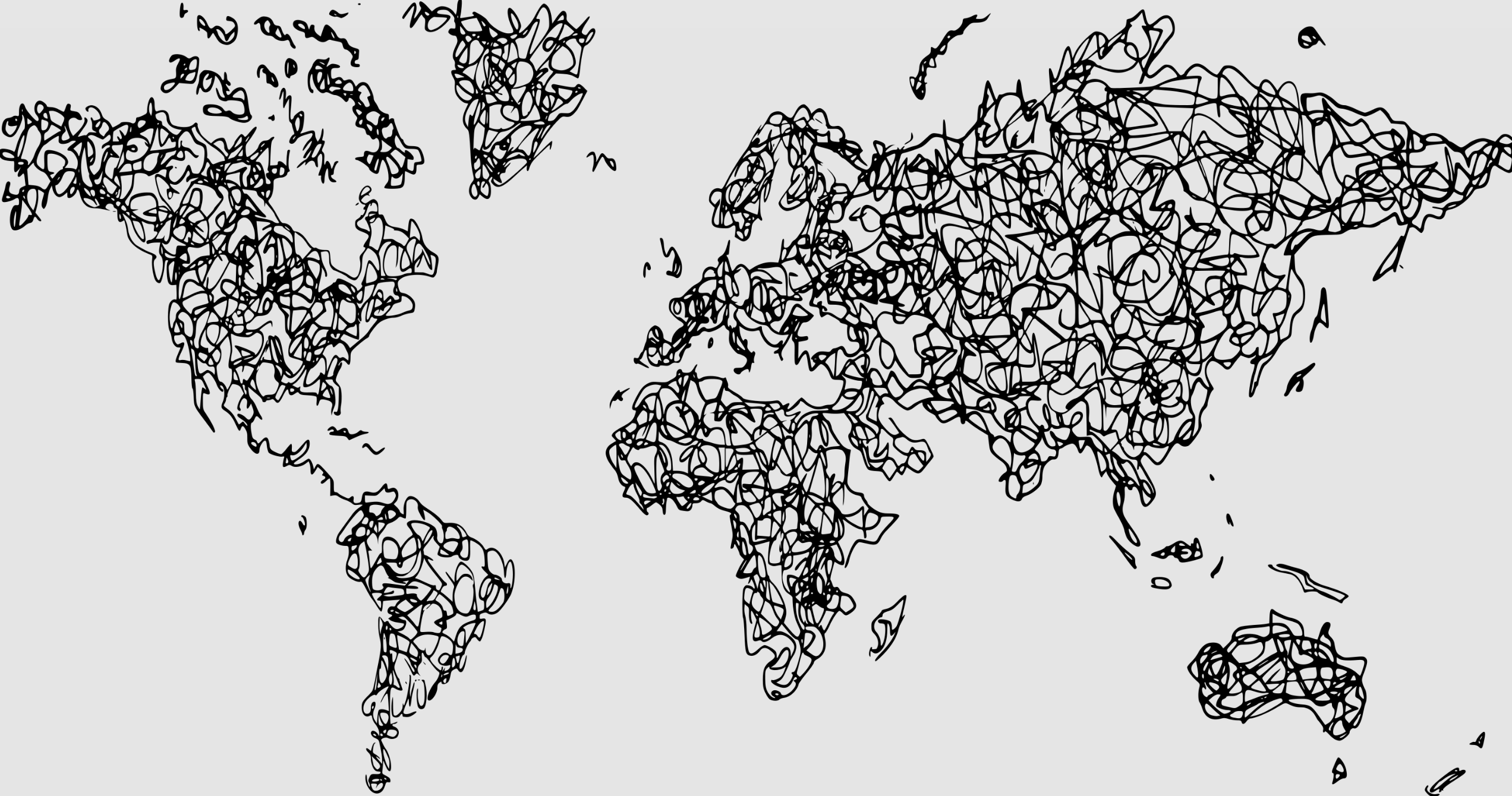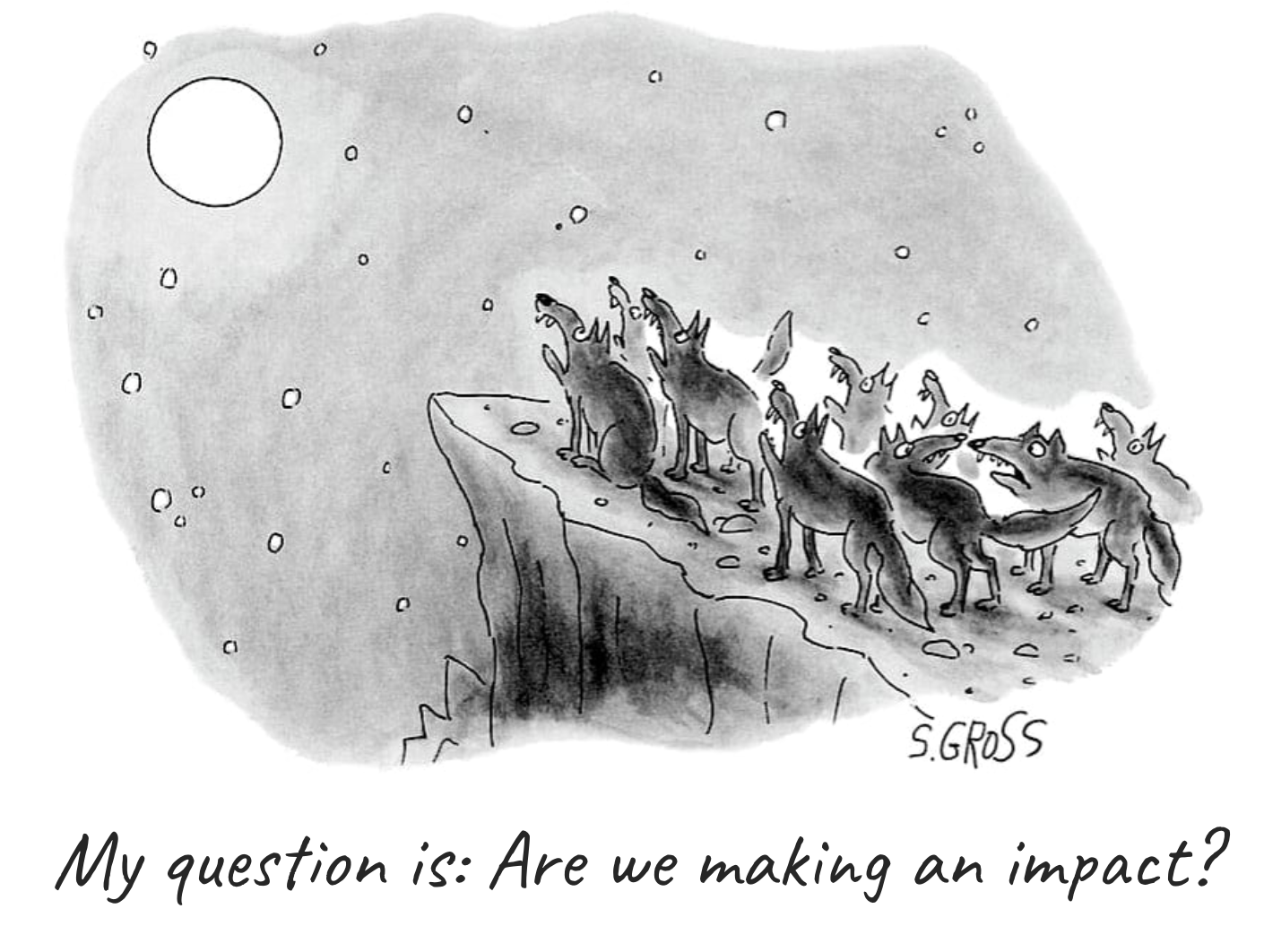Yes, They Still Need Your Money
MacKenzie Scott has just given you a big opportunity.


MacKenzie Scott recently gave a total of $2.74 billion to a broad array of organizations. The funding arrived in just the form we think it should: unrestricted, low-hassle, proactive grants. It’s a great example for everyone.
There are a bunch of Mulago-funded organizations* among the recipients focused on international poverty. By Mulago definition, these are organizations with scalable solutions. While people seem to have the impression that these were no-due-diligence grants, that’s not the case. Scott essentially outsourced it to Bridgespan and they did an excellent, low-hassle job of it.
I’ve communicated with most of the leaders of these Mulago organizations. They are, of course, stoked out of their minds, and full of ideas about how to best use the money. Given that these are organizations obsessed with impact at problem-solving scale, those ideas are mostly focused on strategy, systems, and people - the machinery to accelerate progress to scale.
Amidst the jubilation, though, is an almost universal worry: that funders will turn away from them in the belief that their money is better spent on organizations that were not recipients of this kind of largesse. And in fact, I’ve heard from donors asking “do they really need my money now?”
The answer is this: Yes, they still need your money. Now more than ever. Moreover, you need them. More than ever.
The Mulago-funded organizations - the only ones I know well enough to talk about - are all focused on scale, on achieving the full potential of their respective solutions. Being serious about scale means that you are always thinking a few steps ahead: You’re running a lab to continually improve the model. You’re creating the machinery and the relationships to advocate for policy change. You’re building the systems for effective performance, M&E, and information management. You’re doing the rigorous studies to prove your impact (RCTs ain’t cheap!). You’re developing and integrating the tech that will extend your reach and amplify your impact. You’re recruiting and hiring the people you need to make all that happen, the people who are needed for the next stage to scale.
Think of it like this: With this kind of money, a scale-obsessed organization can build a better rocket that will get them a lot farther, a lot faster on their journey to impact at scale. All rockets need fuel, but a better rocket can make more progress on the same amount of it. And in the social sector that rocket fuel is money - pure, high-octane, unrestricted, fungible money.
What MacKenzie Scott has done here is to give the average funder the opportunity for a lot more bang for the buck. Building a better rocket - all those tasks I outlined above - is expensive, and it can be hard to get funders to pay for it. Now they don’t have to - they can simply supply the fuel for the ever more efficient realization of ever more ambitious goals.
It may be that not all 286 recipients of these big grants are building a better rocket. In all cases, funders need to decide for themselves whether an organization’s ambitions and strategy are still a fit for them in the context of this big grant. It’s worth mentioning that the one way that big grants can do harm is if they undermine an organization’s achievement of long-term diversified funding. Don't let that happen to an organization you love.
The most important thing to remember, though, is this: Organizations that are gearing up for real scale - that are building a rocket to achieve escape velocity - will provide a lot more impact for a given amount of money. For funders who are serious about impact, who understand that their money is meaningless without it, MacKenzie Scott has created a whole array of funding bargains. Keep investing. You got lucky.
*These include Muso, Lwala, Nudge, mothers2mothers, Digital Green, IDinsight, Boma, and Sanku.
Impact in your inbox
The best stuff we run into, straight to your inbox. Zero spam, promise. To see past issues, click here.





